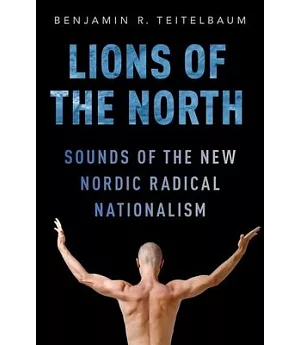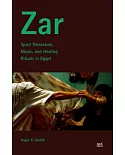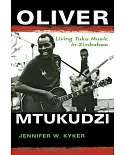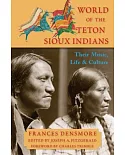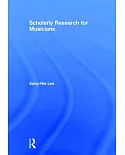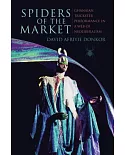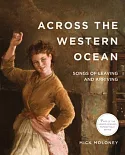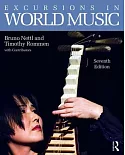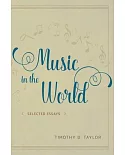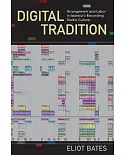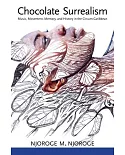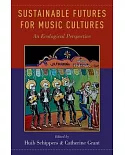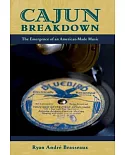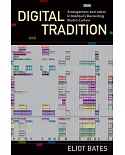In September of 2010, the Daily Mail Reporter announced "Anti-immigration party formed from skinhead movement seizes balance of power in Sweden." A politics of skinhead protest,
expressed through White Power Music and an explicitly nationalistic subgenre known as Viking Rock, has relied on its music to voice opposition to immigration and multiculturism. Often labeled
"neo-Nazis" or "right-wing extremists," these actors shook political establishments throughout Sweden, Denmark, and Norway during the 1980s and 1990s by rallying around white power music and
skinhead subculture. More recently, however, these groups methodically revised their presentation in an effort to refashion themselves as upstanding, intelligent champions of love and human
diversity, and once again using music to do so.
In Lions of the North: Sounds of the New Nordic Radical Nationalism, author Benjamin Teitelbaum explores this transformation of anti-immigrant, anti-liberal activism in the Nordic
countries as it manifests in thought and sound. As his fieldwork in Sweden overlapped with Anders Behring Breivik’s attacks in 2011, Teitelbaum observed the radical nationalist movement at a
particularly sensitive moment. Offering a rare ethnographic glimpse into controversial and secretive political movements, Lions of the North investigates changes in the music
nationalists make and patronize, reading their surprising new music styles as attempts to escape stereotypes and fashion a new image for themselves. Teitelbaum’s work reveals organized
opposition to immigration and multiculturalism in Scandinavia to be a scene in flux, populated by individuals with diverse understandings of themselves, their cause, and the significance of
music. Ultimately, he uncovers the ways in which nationalists use music to frame themselves as agents of justice, an image that is helping to propel these actors to unprecedented success in
societies often considered the most tolerant in the world. A timely and powerful work of interdisciplinary ethnomusicology, Lions of the North will appeal to a wide audience, from scholars in
the humanities to those in political science.

